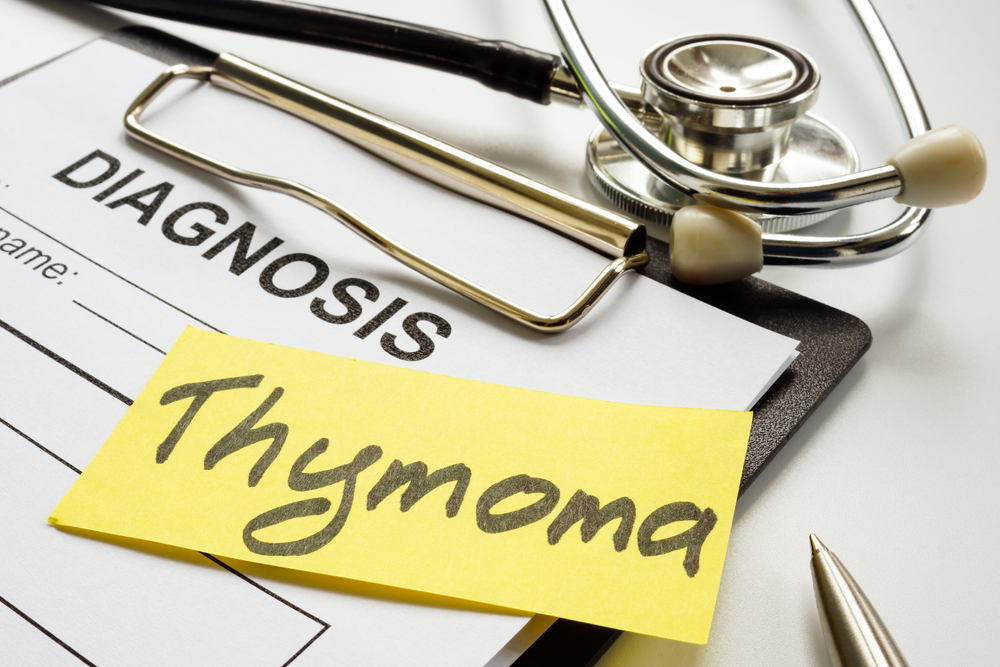A neoplasm thymoma is an uncommon kind of tumor or lump of the thymus gland. The thymus gland is located in the area amidst the sternum in the chest and the two lungs (anterior mediastinum) that play a crucial role in the growth of immune cells during childhood. This thymus gland expands during childhood, increases in size at adolescence, and then starts to shrink.
Generally, a blend of lining cells and lymphoid cells puts up the thymus. Neoplasm thymoma is a kind of tumor that comes from the lining cells or epithelial of the thymus. The word thymic neoplasm indicates the thymus tumors that develop gradually and normally do not spread further to the thymus.


